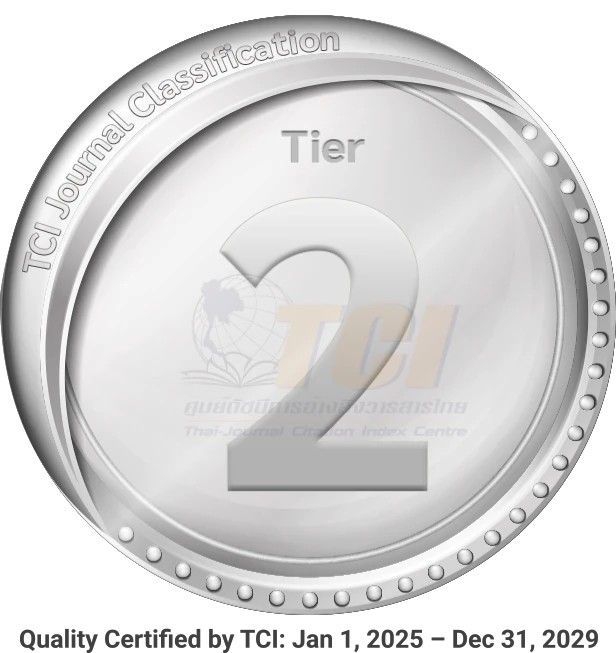Perceptions of Thai EFL teachers at public schools in Nonthaburi, Thailand: Teacher autonomy and constraints
Abstract
Teacher autonomy is essential as it involves teacher professional discretion and teacher autonomy development is a significant component of teacher development. This study aimed to explore 1) teacher autonomy of Thai EFL teachers at public schools in Thailand and 2) teacher autonomy constraints and ways to get around them. It took the form of a mixed-methods sequential explanatory research design. The Teaching Autonomy Scale (TAS) consisting of two constructs, i.e., curriculum and general teaching autonomy and open-ended response questions were used to collect data from 31 Thai EFL school teachers. Three teachers were interviewed for insights. It was found that, on average, teacher autonomy was high in terms of both curriculum and general teaching autonomy. The thematic content analysis generated two themes which explained the high autonomy: 1) students as a center of learning and 2) teaching based on learning standards and indicators. For research objective 2, the findings showed 6 constraints and 5 relevant ways to overcome autonomy constraints: 1) learners vs. focus on learners, 2) lack of ELT materials vs. use appropriate materials, 3) policies and demands vs. follow the policies, 4) inadequate teaching time vs. select must-teach contents, 5) difficulties and excessive contents vs. exploit teaching experiences, 6) other constraints. To improve teacher autonomy, it is recommended that support from school administrators and national policy makers be provided to the teachers.




